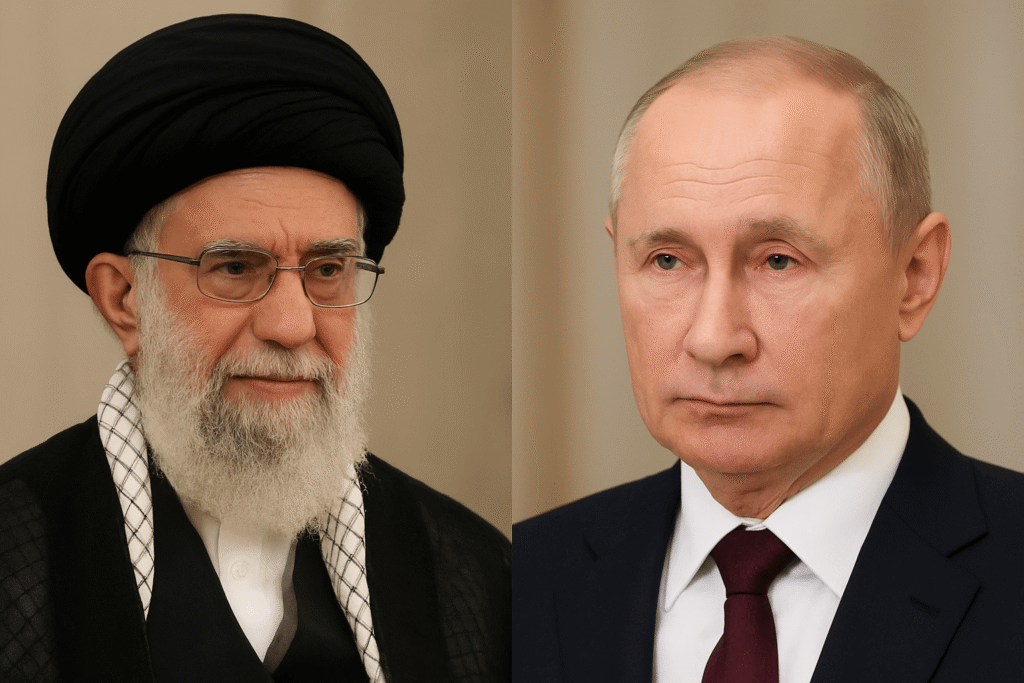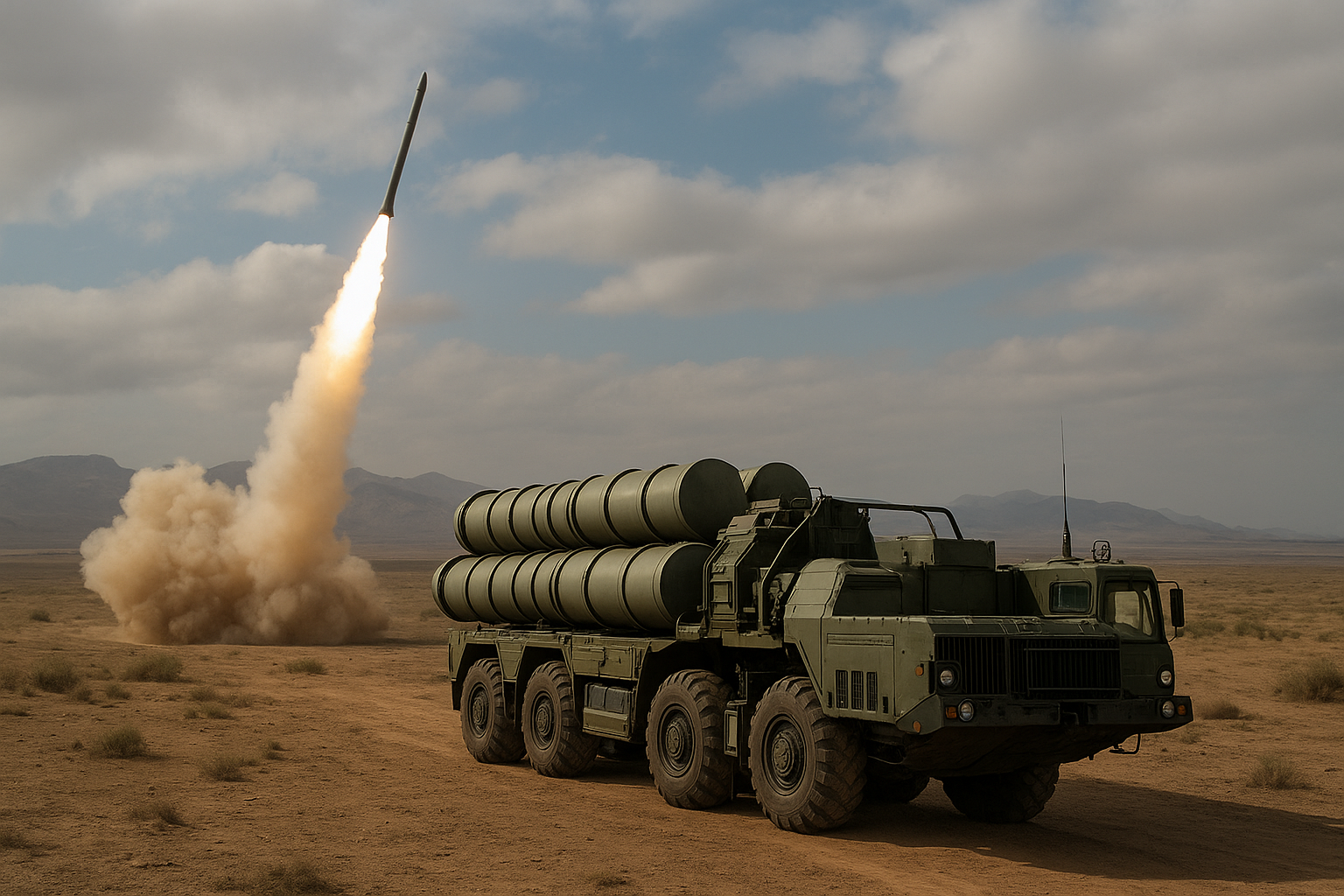|
Getting your Trinity Audio player ready... |
Rising Fear: Iran S-400 Test
The Iran S-400 test has reignited fears across the Middle East, raising alarm in Israel and drawing global attention to Tehran’s growing military strength. On July 26, Iran reportedly carried out a successful trial of the Russia S-400 missile system near Isfahan, signaling a potential game-changer in the volatile region.

The Israel-Iran conflict in 2025 has influenced Middle Eastern security for several years. But this latest move backed by the Iran Russia defense deal suggests Tehran is determined to secure its skies after suffering devastating losses in June when Israeli forces crippled its Iran air defense system.
Strategic Gamble
Satellite images and open-source intelligence confirm the Isfahan missile test, where Iran deployed advanced radars and command systems. The powerful S-400 Triumph package included the 91N6E acquisition radar, 92N6E engagement radar, central command-and-control vehicles, and several 5P85TE2 launchers.
During the Iran S-400 test, Iran launched a 48N6E3 missile with a 250-kilometer range. Experts also believe the long-range 40N6 missile, capable of striking targets up to 400 kilometers, was activated. This trial reflects Tehran’s strategic gamble: fortifying its skies against future Israeli airstrikes.
Regional Shock
The move stunned Israeli military planners. Just a month earlier, Israel destroyed Iran’s S-300 systems and radar networks, conducting relentless airstrikes across dozens of Iranian sites. Iran was exposed when Israel proclaimed complete control over the skies.
Now, the Iran S-400 test challenges that dominance. Analysts warn that the introduction of this cutting-edge Russia S-400 missile system could neutralize Israel’s air superiority. If activated fully, it would make Israeli fighter operations over Iran far more dangerous, altering the battlefield equation.
Power Shift
This development isn’t just about hardware. It signals the deepening Iran Russia defense deal, a partnership growing stronger amid shifting global alliances. Moscow’s willingness to supply Tehran with one of its most advanced missile defense systems is a clear message to the West: Russia intends to reshape the balance of power in the Middle East.
For Iran, this partnership means protection and prestige. For Israel, it poses a direct threat to national security. For the United States and its allies, it complicates already fragile strategies in the region.
Escalating Tensions
The Israel Iran conflict 2025 is already simmering, and the Iran S-400 test adds fuel to the fire. Military analysts argue that if another confrontation erupts, the presence of the S-400 could limit Israel’s ability to carry out pre-emptive strikes. That situation might give Iran the confidence to adopt a more assertive posture, escalating the news about Middle East tensions that already takes center stage.
Some experts caution that while Iran now holds advanced technology, integrating and operating the S-400 at its maximum capacity will take time. Israel, known for its advanced cyber capabilities and precision strikes, may still find ways to counter it. But even the perception of stronger Iranian defenses shifts the psychological advantage.
Hidden Agendas
Behind the headlines lies a deeper geopolitical play. The Iran S-400 test hints at a secret pact between Supreme Leader Ayatollah Khamenei and Russian President Vladimir Putin. Moscow seeks allies against Western sanctions, while Tehran demands weapons that can shield it from Israeli and possibly American attacks.
This unspoken understanding benefits both sides. Russia’s defense industry and alliances are strengthened by exporting the S-400 missile system. For Iran, it buys time, security, and leverage in negotiations with adversaries.
What’s Next?
The Isfahan missile test is only the beginning. Israel’s options drastically decrease if Iran spreads several S-400 batteries over its region. Future confrontations may no longer look like June’s conflict, where Israeli jets freely dominated Iranian skies. Instead, battles could become deadlier, costlier, and more unpredictable.
Global powers now watch carefully. The United States may push for sanctions or increased military aid to Israel. Gulf nations, already wary of Iran’s growing influence, might accelerate their own arms purchases. The Middle East arms race is far from over.







